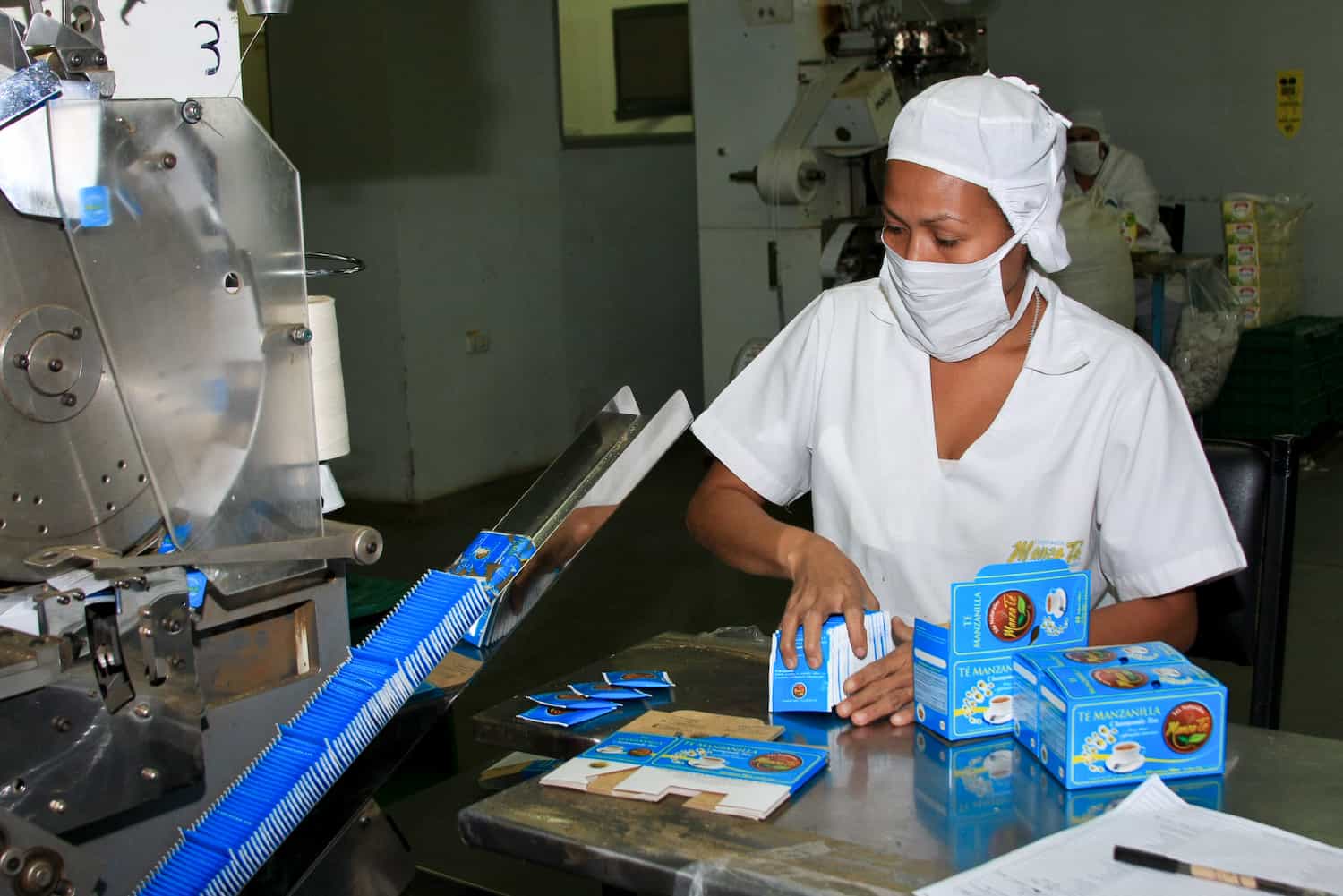President Luis Guillermo Solís’ administration set an ambitious goal to create 217,000 jobs and integrate more workers into the formal sector during the next four years, at a press conference Thursday morning. The business community, however, did not share the president’s enthusiasm.
Alongside Labor Minister Victor Morales and Economy Minister Welmar Ramos, the president presented his administration’s National Employment and Production Strategy. Solís said the strategy would make employment a national priority, including its addition as a variable in the Central Bank’s macroeconomic planning. Costa Rica’s unemployment rate was 8.5 percent – or more than 188,000 people – in 2013, according to the National Household Survey.
President Solís stressed that his government’s push for quality fair-paying jobs was not at odds with Costa Rica’s international competitiveness.
The plan had a particular focus on working mothers and people with disabilities. The national unemployment rate is 8.5 percent, but the rate is higher among women, reaching 10.8 percent. Some 65 percent of the 188,00 unemployed Ticos have a disability. The Economy Ministry will work with the National Training Institute and technical colleges to train 9,600 students, and offer entrepreneurship classes to another 5,000 women to reach these groups and young people who have left school.
The presentation played on Solís’ campaign promise to reinvigorate the national economy through government promotion, entrepreneurship training and social support for working mothers and other groups. The plan includes the creation of PROEMPRESA, a public-private organization dedicated to promoting and developing the national economy and encouraging the domestic market. PROEMPRESA would use PROCOMER, a private entity tasked with improving Costa Rica’s exports, as a model. The business promotion entity would require legislative approval.
Morales said the national employment plan also would work to simplify the the permissions and paperwork required to open a legal business in an attempt to bring more workers into the formal economy where they can demand a minimum wage and insurance coverage from their employers.
Solís stressed that his plan was not a top-down mandate from San José to the provinces and he hoped it took pineapple workers, cattle ranchers and others into consideration.
It seems one group in San José felt left out.
Union of Private-Sector Chambers and Associations (UCCAEP) President Ronald Jiménez criticized the president’s efforts and bristled at not being consulted by the Labor Ministry or other agencies to design the employment strategy.
“It’s incredible that an initiative that seeks to generate employment would not even consult the largest generator of jobs in the country. Jobs are not created by decree but rather are a product of a serious of policies that should be followed to improve the business climate,” Jiménez said, according to a statement.
Figures credit the private sector with between 80 and 85 percent of the jobs created in Costa Rica.
Solís told critics during his speech that he urged them to constructively contribute to the plan’s ambitions.
“The only thing that keeps us from it is will,” Solís said.






